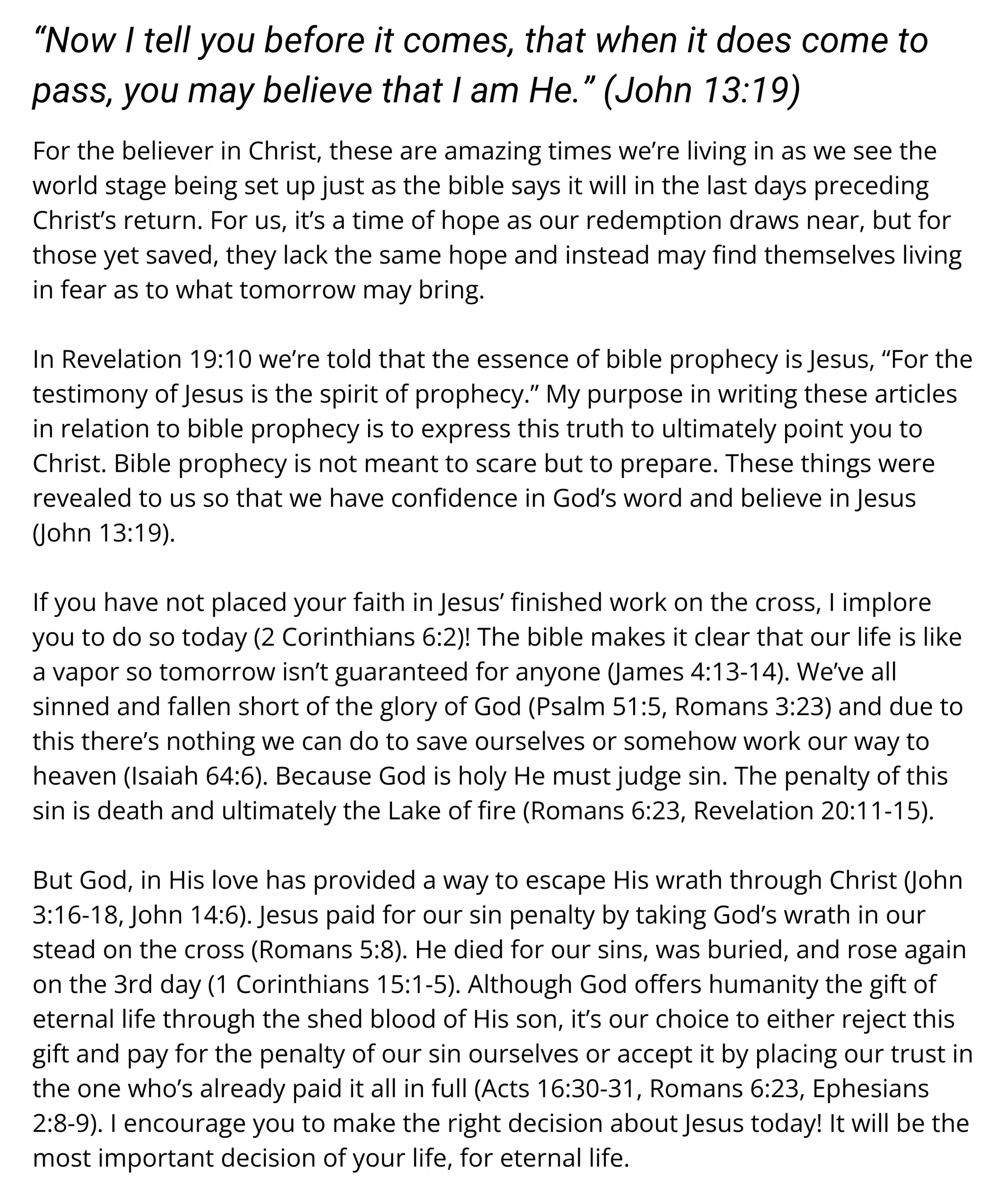The Monetary Authority of Singapore (MAS) previously unveiled Project Dunbar, a central bank digital currency (CBDC) platform where multiple countries issue digital currencies on a shared blockchain, a so-called Multi-CBDC (M-CBDC).
All throughout 2021 we’ve been tracking the latest news about Central Bank Digital currency (CBDC) as around 81 countries are at least exploring a CBDC. I’ve even devoted a series to it below:
This latest news concerning Australia, Malaysia, and Singapore doing a joint test for “cross-border” CBDC transactions brings another interesting twist to this that I personally didn’t think we’d be seeing this soon. What do I mean?
We are confident that our work on multi-CBDCs for international settlements will break new ground in this next stage of CBDC experimentation and lay the foundation for global payments connectivity (Markets insider)
What this trial (named “Project Dunbar”) is meant to do is test multiple Central Bank Digital Currencies (“Multi-CBDC” or M-CBDC) that would “facilitate cross-border transactions”. The Markets Insider article on this goes on to state, “Enhancing cross-border payments has become a priority for the international regulatory community…” (Markets Insider).
The article also notes how “[m]ore countries around the world are advancing their efforts to develop their own central-bank digital currencies” which is what is contributing to this CBDC race. However, what I’ve been emphasizing thus far has only been the fact that I believe this race is leading us into a cashless society – which is true.
But what hasn’t crossed my mind yet was the fact that this could also lead nations to begin trying to work on this initiative together such as what we’re seeing here. What this will lead to is a global system set in place for CDBC which is exactly what we should be expecting to come to fruition someday according to Revelation 13:16-17.
My ultimate purpose here is to bring this all back to the bible. Why does this all matter from a prophetic perspective? I don’t see the rise in the popularity of cryptocurrency (as well as its adoption) which is further spurring on this CBDC race as a coincidence. In my article, What is the Prophetic Significance of Digital Currency?, I elaborated on why I believe this digital currency race is prophetically significant.
From what we read in Revelation 13:16-17, the Antichrist will have control over everyone on earth and this type of system will only work to facilitate that. For him to have control over the world’s monetary system to such an extent where those who don’t participate are shut out of it, it must be global in scope and we are now seeing the set up for that very thing. Eventually I believe this will be fulfilled through one digital currency used worldwide rather than many nations having their own digital currencies and having it work together.
I believe that this “CBDC race” is laying the groundwork for the mark of the beast system that will come to fruition during the tribulation. As we see efforts for this progress it shows us how close this time period is, and even closer the rapture of the church.
Central banks of Singapore, Australia, South Africa, Malaysia in multi-CBDC trials for cross border payments
Ledger Insights: In conjunction with the Bank for International Settlements (BIS) Innovation Hub, today it was announced that the Reserve Bank of Australia, Bank Negara Malaysia, and South African Reserve Bank will also participate in cross-border settlement trials.
These M-CBDC platforms are for wholesale CBDCs that can only be used by regulated institutions. A previous trial between MAS and the Banque de France used JP Morgan’s Onyx solution based on Quorum, the Ethereum enterprise blockchain. However, today’s announcement states that multiple blockchain technologies and partners will be involved in the trials. Given it proposes a shared platform, different governance structures will be explored as well as designs.
Sopnendu Mohanty, Chief FinTech Officer, MAS spoke about how Dunbar will contribute to making “payments cheaper and faster. The findings on how a common platform can be governed effectively and managed efficiently will shape the blueprint of the next generation payment systems.”
Results will be shared in November of this year at the Singapore FinTech Festival.
The G20 has set a plan to address the frictions in cross border payments which are expensive, slow, and lack transparency. Banks in different countries don’t share the same opening hours, which means that legacy systems often don’t execute round-the-clock instant payments.
A key friction is the use of intermediary correspondent banks where the sending bank doesn’t have an account at the destination, which adds to the know your customer (KYC) burden. The goal of these multi-CBDC systems is to have a 24/7 platform for direct real-time payments without intermediaries.
“After years of mostly domestic research and exploration, we are very pleased to see that these common insights about the need to explore cross-border CBDC payments and interoperability are coming together internationally,” said Deputy Governor Rashad Cassim, South African Reserve Bank. Read More
Australia, Malaysia, Singapore and South Africa will trial cross-border central bank digital payments
Markets Insider: Australia, Malaysia, Singapore and South Africa have decided to jointly test multiple central bank digital currencies that facilitate cross-border transactions, according to a press release from the Australian central bank on Thursday.
“Project Dunbar” will create prototype platforms that could eventually handle multiple central bank digital currencies (CBDCs) in order to enable cheaper and faster transactions between institutions and central banks for the private and public sector, the press release on the Reserve Bank of Australia’s website said.
“Enhancing cross-border payments has become a priority for the international regulatory community and something that we are very focused on in our domestic policy work,” Michele Bullock, assistant governor (Financial System), Reserve Bank of Australia said in a statement.
This is part of the G20 roadmap that aims to improve cross-border payments. More countries around the world are advancing their efforts to develop their own central-bank digital currencies, which would offer a centralized, official alternative to decentralized cryptocurrencies such as bitcoin or ether, or privately issued stablecoins such as tether or US coin.
China is several years ahead of most major countries in developing a digital yuan, while the Bank of England, the Federal Reserve and the European Central Bank are in the early stages of exploring digital versions of their respective currencies.
“Project Dunbar brings together central banks with years of experience and unique perspectives in CBDC projects and ecosystem partners at advanced stages of technical development on digital currencies,” Andrew McCormack, center head of the BIS Innovation Hub Singapore Centre said in a statement. Read More

Sources
- Central banks of Singapore, Australia, South Africa, Malaysia in multi-CBDC trials for cross border payments (September 2nd, 2021) – Ledger Insights
- Australia, Malaysia, Singapore and South Africa will trial cross-border central bank digital payments (September 2nd, 2021) – Markets Insider



